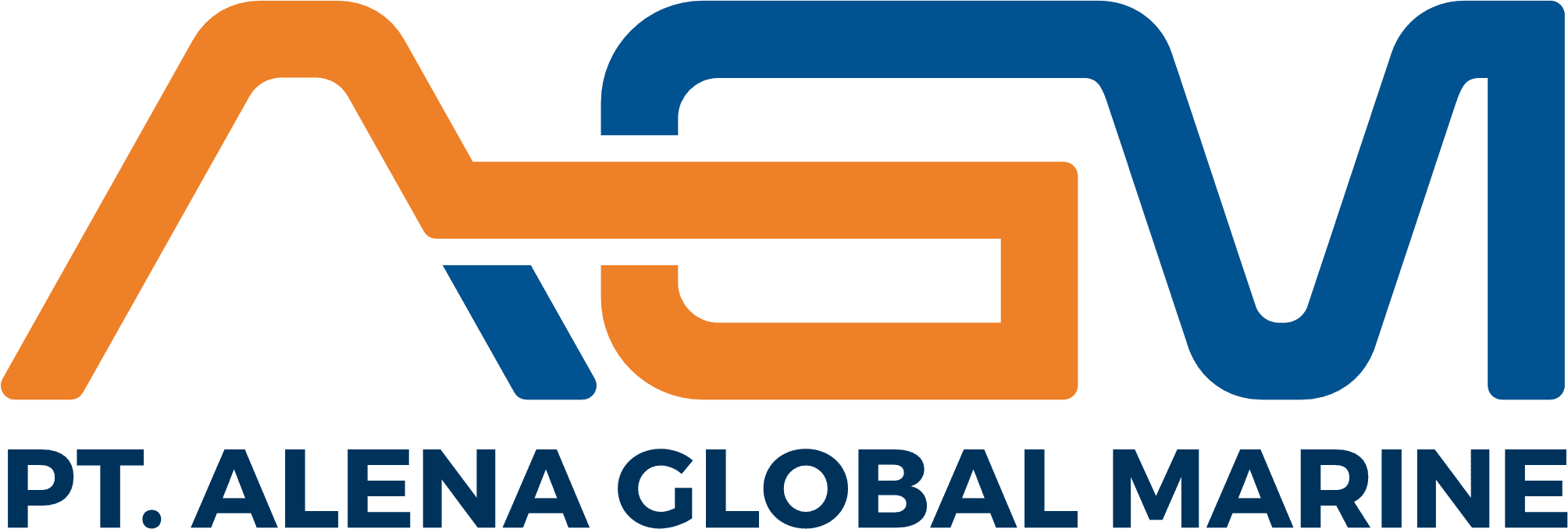Services
Why we are different
Marine Surveys and Inspections
Coal and Other Solid Fuel
Cargo Liable to Liquefy
Steel Cargo
Grain and Food Cargoes
Collusions and Groundings
Container and The Containerized General Cargo
Liquid Petroleum
Newbuild, Vessel Conversion, FPSO/FSO
Marine Engineering & Ship Design
Marine Warranty Survey (MWS)
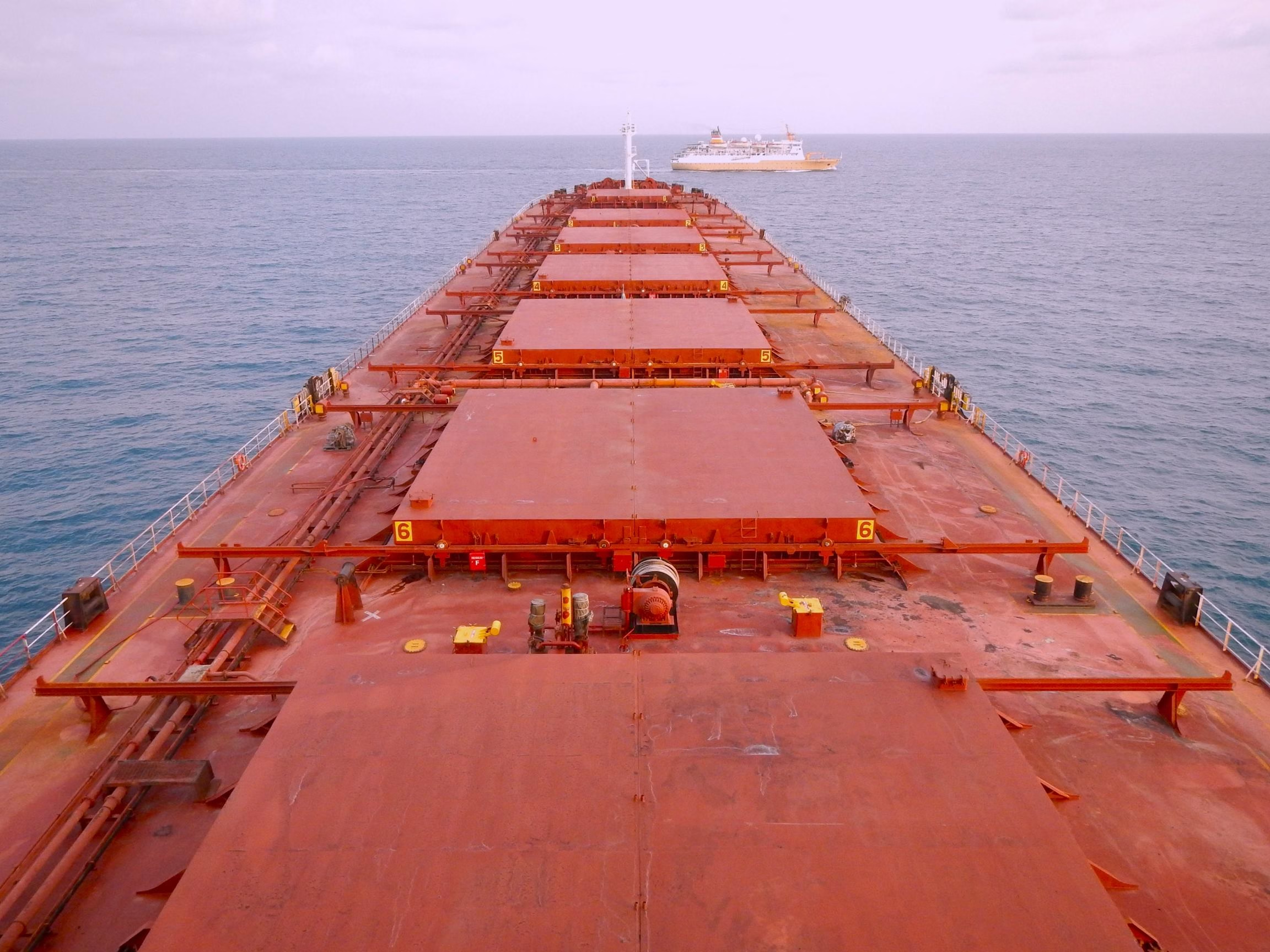
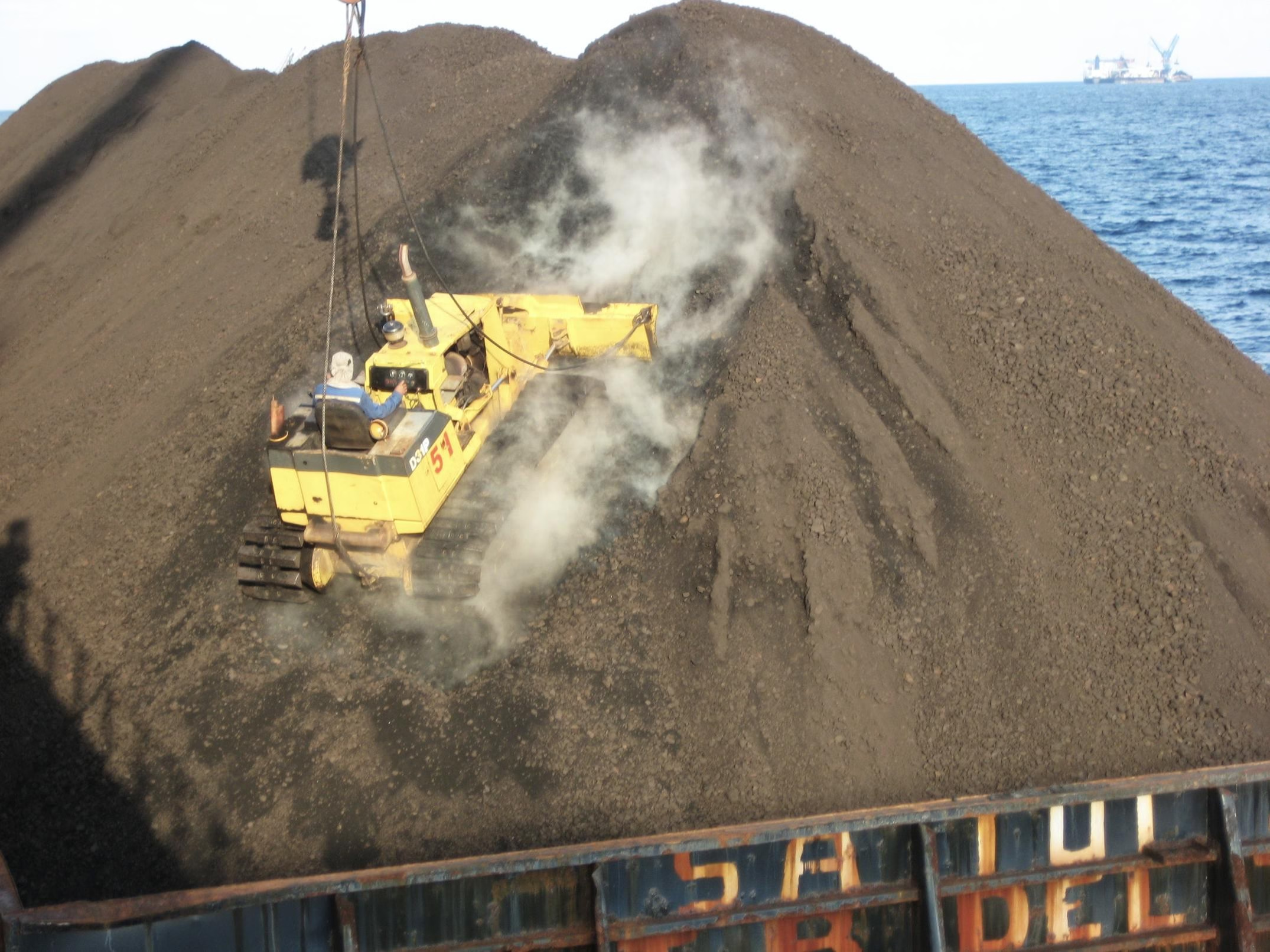
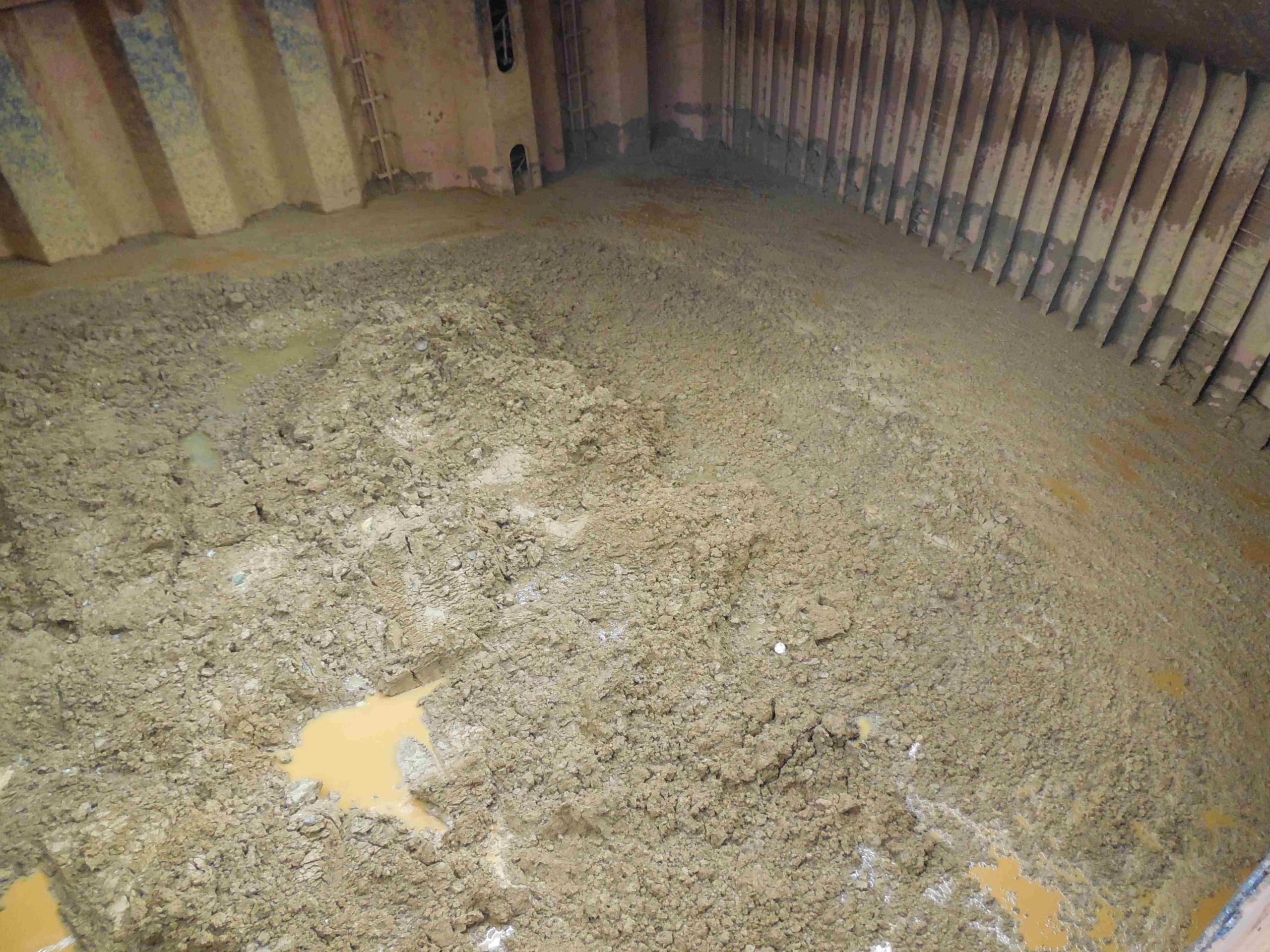
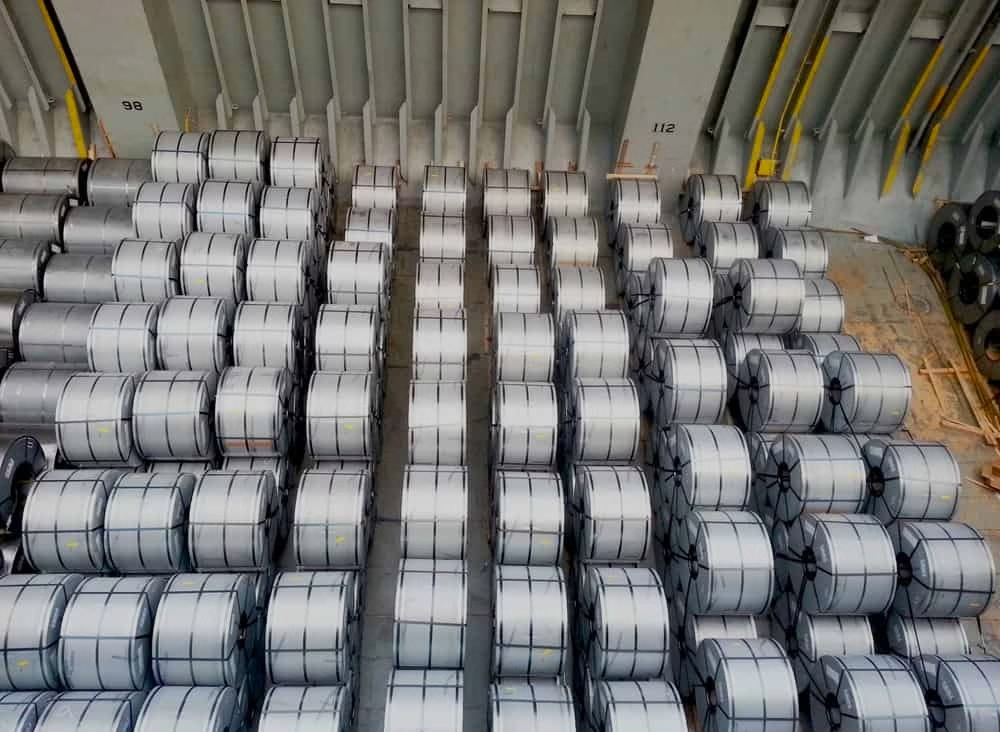
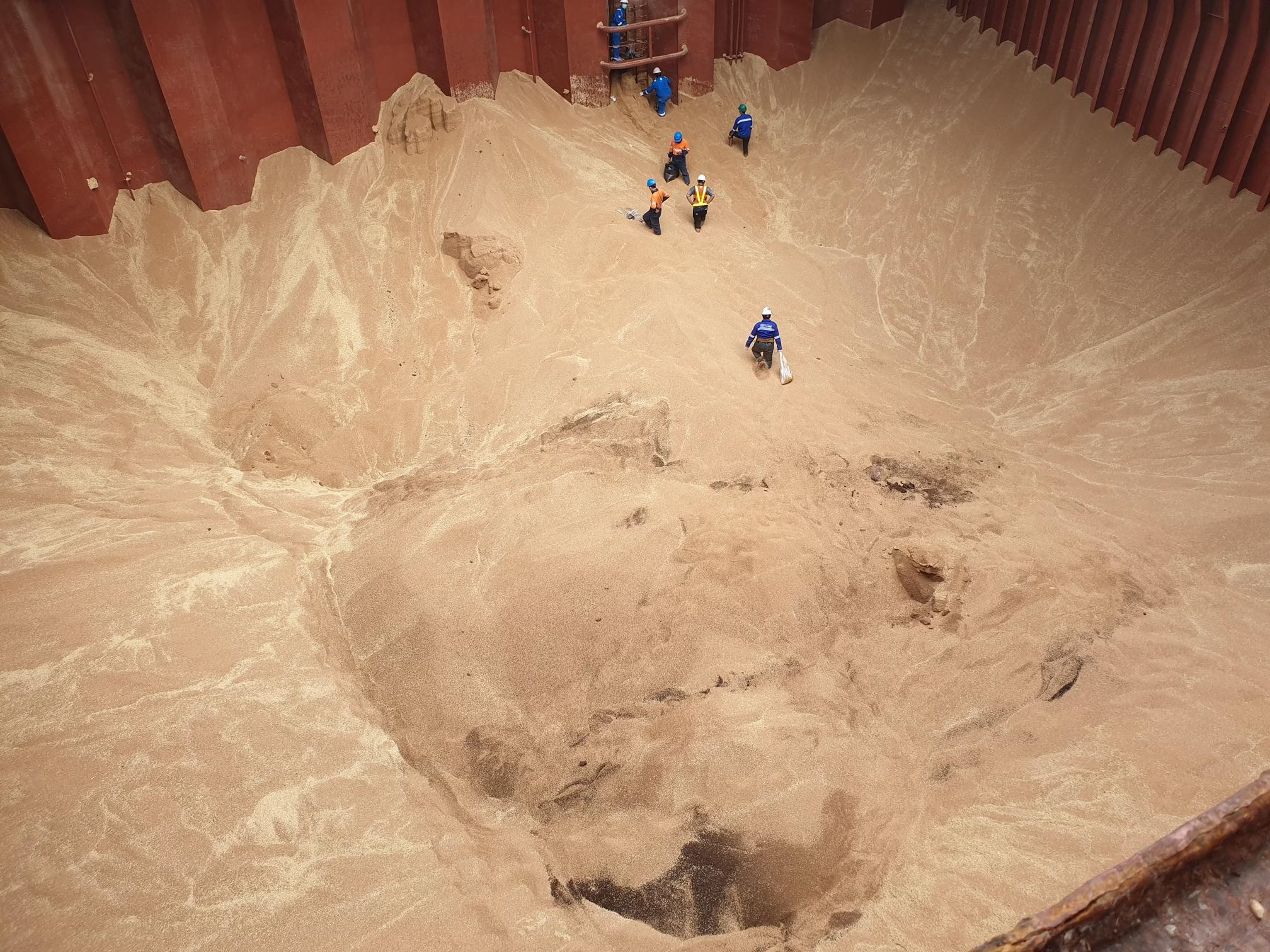
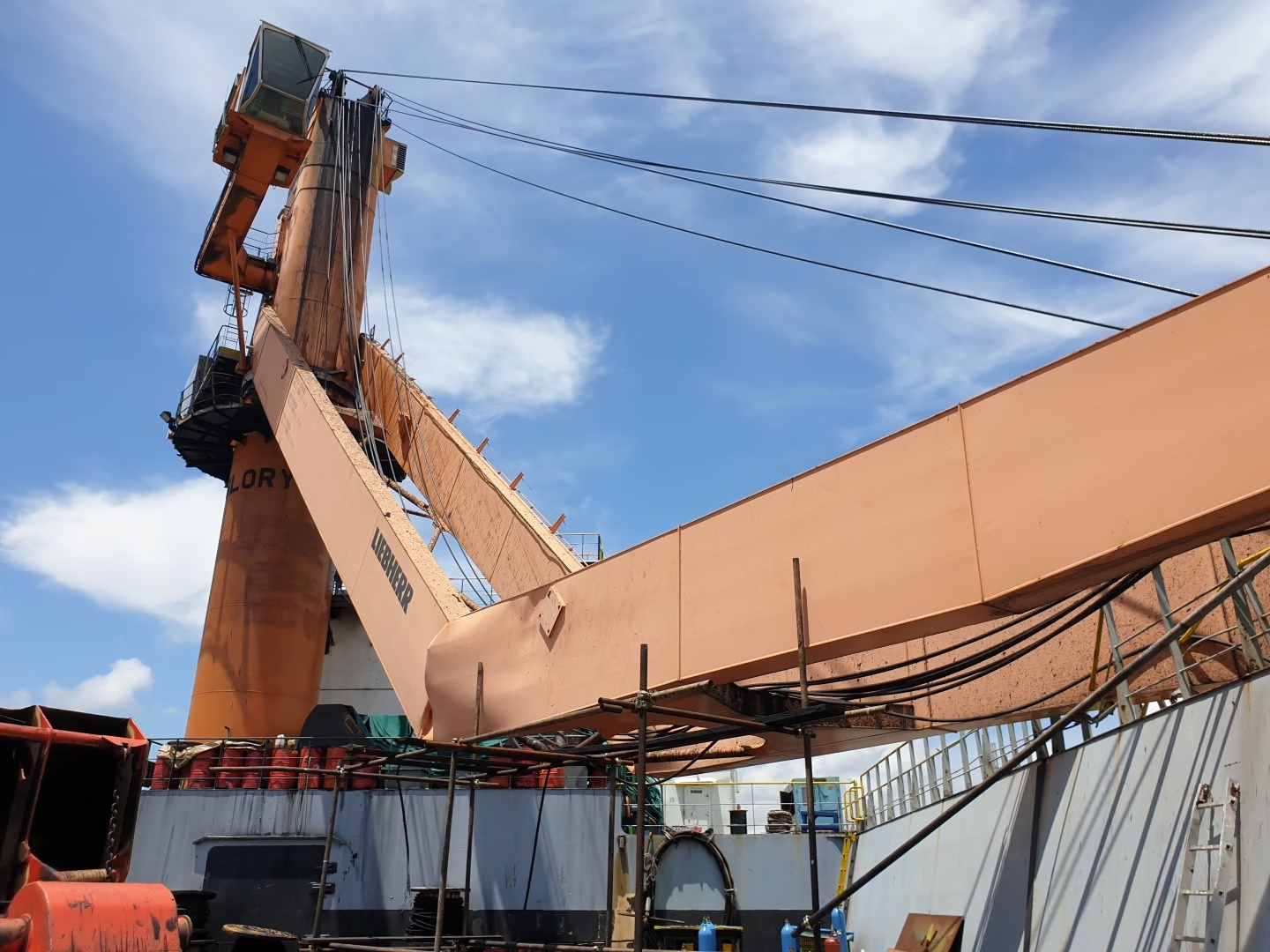
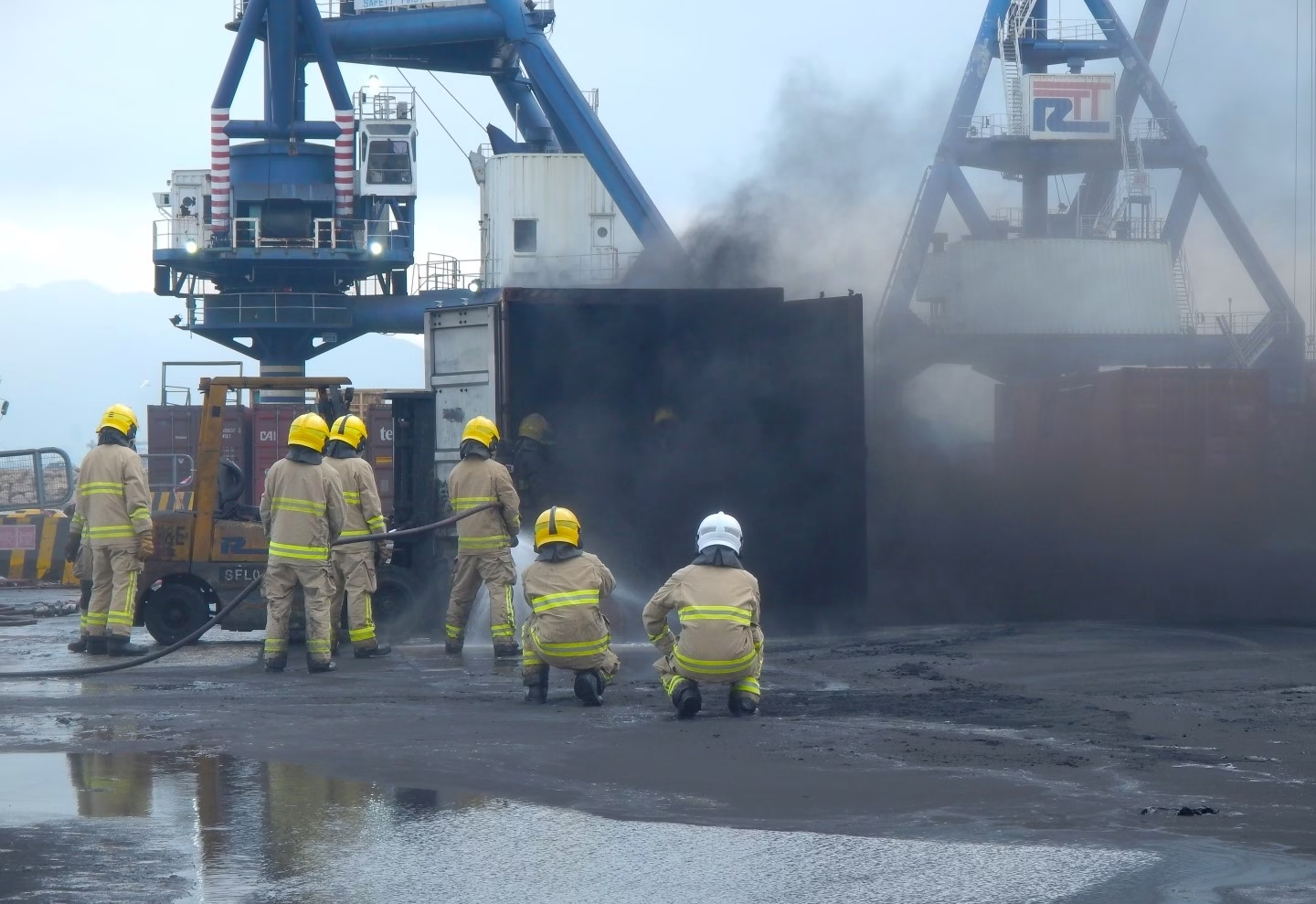
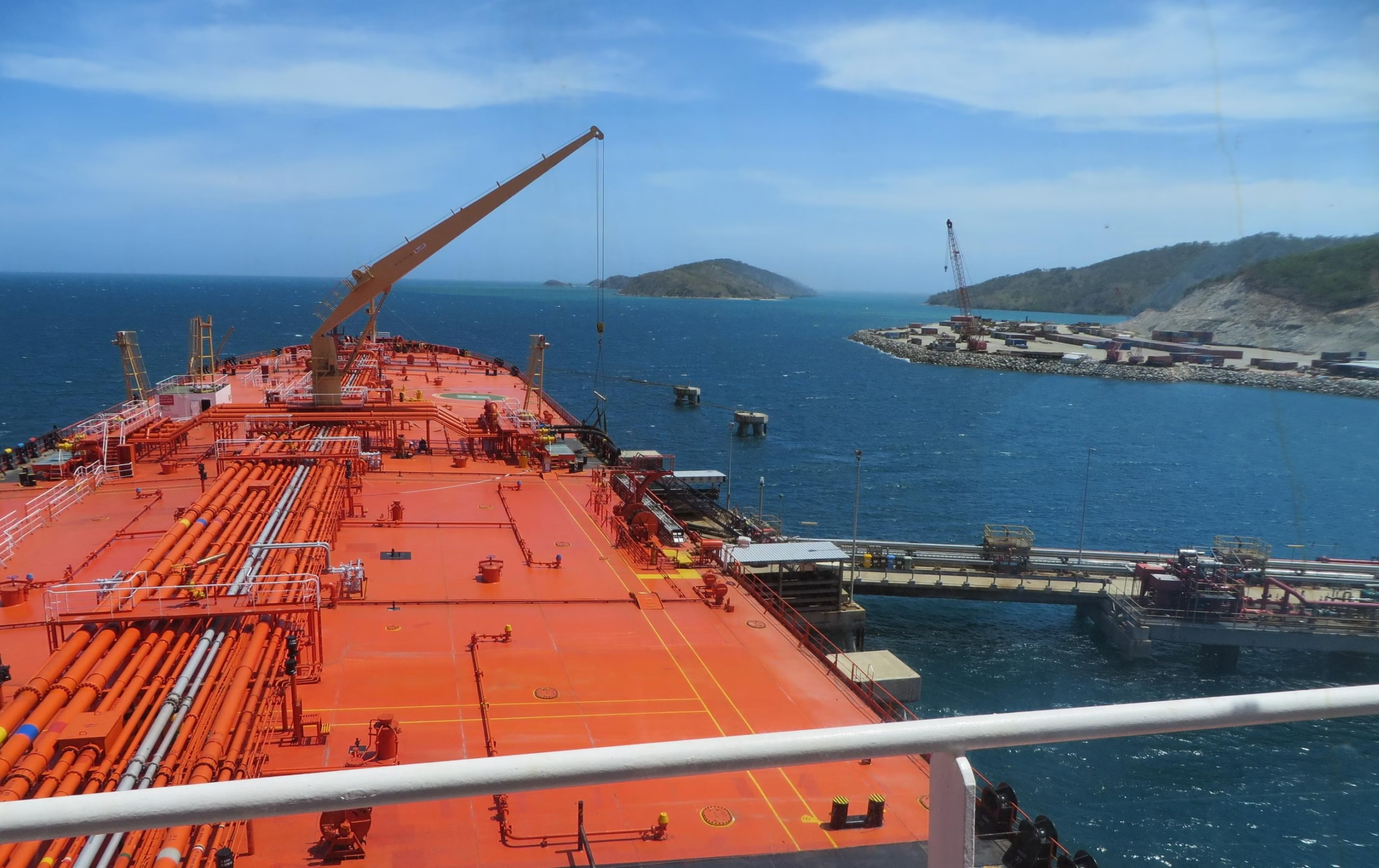
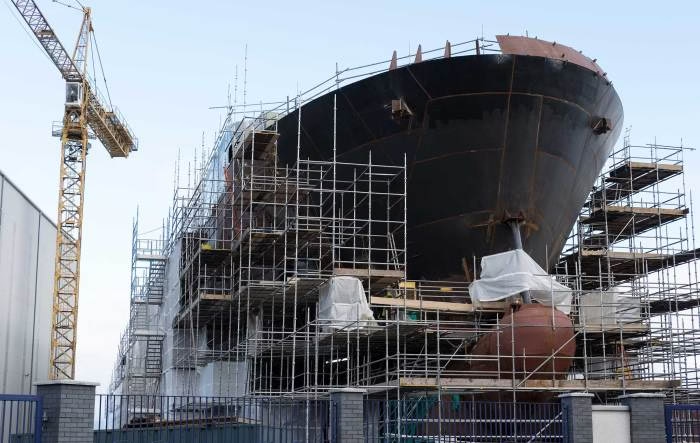
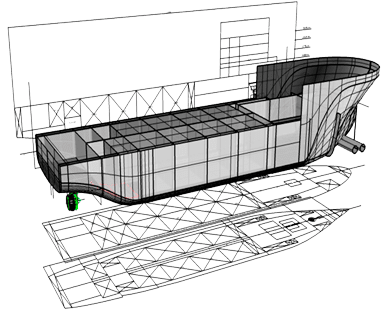
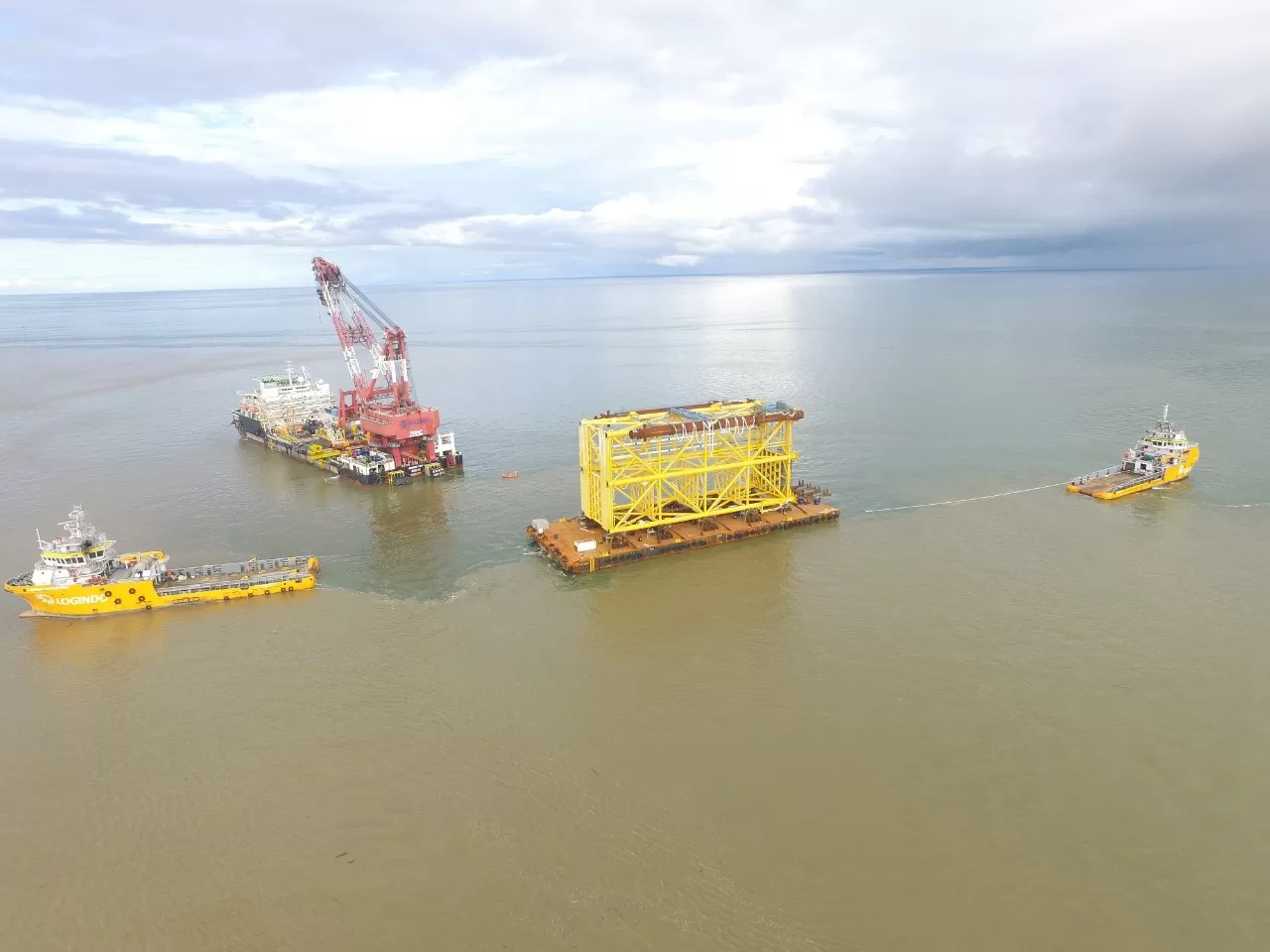
Marine Surveys and Inspections
We can provide professional advice/services to the marine industry such as Loading & Discharging Cargo Supervision, On/Off Hire Bunker Surveys, Draft Surveys, Bunker Surveys, Vessel Condition Surveys, and Pre-Purchasing Surveys.
Coal and Other Solid Fuel
Coal is classified as hazardous cargo under the International Maritime Solid Bulk Cargoes (IMSBC) Code. Self-heating and Spontaneous Combustion are common issues with coal which poses a significant fire risk during transportation. Coal can also emit toxic or flammable gases, such as Methane (CH₄) and Carbon Monoxide (CO). Methane is highly flammable and explosive in confined spaces and Carbon Monoxide (CO) is Toxic and accumulates in poorly ventilated areas. We can assist in all stages of the transportation such as coal temperature and monitoring, advising on spontaneous combustion, and explosion hazard management under the IMSBC Code requirements
Cargo Liable to Liquefy
Transporting cargo prone to liquefaction poses a significant risk to vessel stability and safety. Liquefaction can cause a sudden shift in cargo, leading to a loss of stability, list, or capsizing of the vessel. Cargoes that may liquefy are typically categorized as Group A under the International Maritime Solid Bulk Cargoes (IMSBC) Code. Examples of this cargo include Iron ore fines, nickel ore, zinc ore, copper ore concentrates, bauxite fines, manganese ore fines, coal with high moisture content, mill scale, fluorspar, etc. To ensure safe transportation we can offer guidance pre-shipment survey which involves proper sampling and laboratory testing/analysis (Moisture Content and Flow Moisture Point) under the IMSBC Code or relevant standards.
Steel Cargo
Steel cargo, including coils, bars, plates, pipes, and structural steel, is a common commodity in maritime shipping. However, its transportation presents challenges and risks that require proper stowage, and adherence to international guidelines. The type of damage that can occur to the steel cargo such as physical damage, rust corrosion, and deformation. We can assist with the pre-shipment survey of the cargo and investigate to determine the type of damage to steel cargo such as physical damage, rust corrosion, and deformation. We can also investigate the causation of the damage which is due to mishandling by stevedore/crew, damage due to weight distribution, shifting of the cargo overloading, etc.
Grain and Food Cargoes
Grain and food cargoes are highly susceptible to damage and deterioration, often leading to claims against shipowners, charterers, or other stakeholders involved. Understanding the nature of these claims and the factors contributing to them is important for preventing disputes and minimizing losses.
We can investigate and advise on cargo disputes and claims involving bulk grain and food cargo such as soya beans, wheat, corn, sugar, etc. The specific issues we can advise on such as wetting, heating, physical deterioration or breakage, contamination, infestation, or mold growth. In addition, we can also help in taking the representative sample from the designated cargo.
Collusions and Groundings
Our surveyors of naval architects and master mariners can work together to help our client in the investigation of grounding, collusion, accidents on board the vessel, and the extent of any damages as well as the possibility of repair costs.
Container and the containerized general cargo
Container and cargo can be damaged due to fire, mishandling during loading/unloading and transportation. Containers may be dropped, crushed, or exposed to rough conditions. The inspection of a damaged container and its cargo is a critical process to assess the extent of the damage, determine liability, and plan for further actions such as claims or repairs. We can help inspect the condition of the container and cargo to ensure that damages are accurately assessed and documented, making it easy for smooth resolution.
Liquid Petroleum
We can help verify the condition of the vessel, including tanks, pipelines, and safety systems, before loading cargo. Confirm compliance with IMO regulations, MARPOL (Annex I for oil, Annex VI for emissions), and SOLAS safety standards. As for the cargo, we can help ensure proper handling, documentation, and transportation of oil petroleum cargo. We can measure and calculate the volume of oil loaded or discharged using calibration tables and flow meters. We can witness sampling and testing carried out by third parties to ensure the cargo meets specified quality standards.
Shipowner’s Surveyor
We can represent the ship owner to ensure the vessel is constructed according to design specifications, international standards, and safety requirements. We will carry out inspections and monitor the construction of the vessel and supervise trials before delivery.

